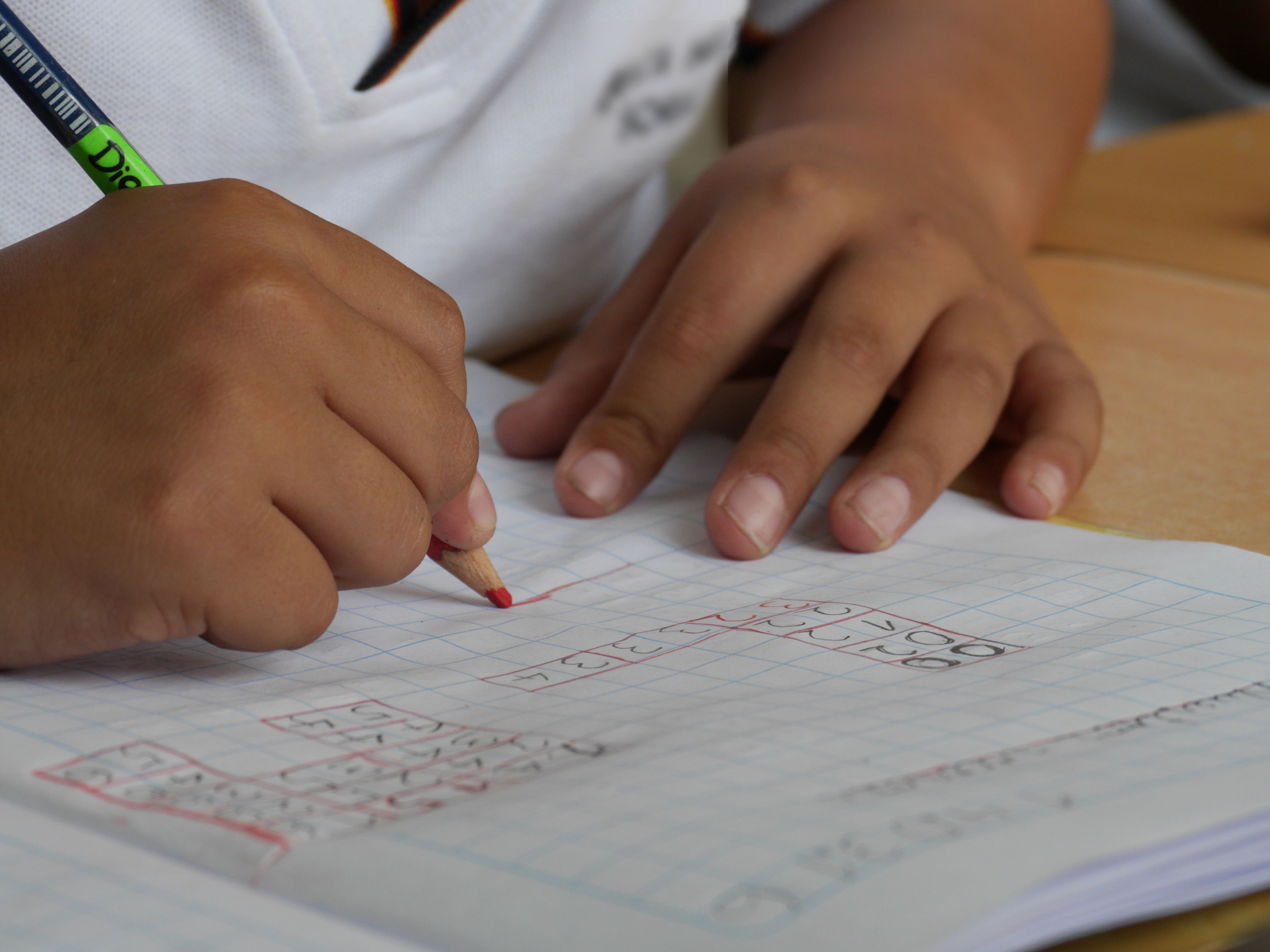Helping Parents To Support Their Children’s Maths Understanding
Most parents would like to support their children at home with mathematics. Over the years, I have noticed that some parents are unsure or anxious about how they can do this. There are plenty of resources available and even videos that can help unmask the new approaches to mathematical teaching.
“The more math and numbers there are around a child, the more likely they’re going to like math and enjoy math and develop as mathematicians” (Geist, 2009)
Talk is fundamental to children’s learning. Children who come from homes where reading and talking
about reading is a common occurrence have much higher success rates in literacy throughout their
life (regardless of income, parent’s education, rural or urban experiences). This same phenomenon
occurs in homes where parents talk about and do math with their children.
Back in 2015 the Nuffield Foundation conducted a research project that aimed to support parental involvement in their children’s mathematical development. This project aimed to develop methods for empowering parents to reflect upon and share their uses of mathematics in everyday life, so they can support their children’s mathematics learning. The key findings can be seen below.
- There is great potential in children’s home and family life for activity to support children’s mathematics learning. An understanding of ways in which mathematics is used out-of-school can help improve children’s attitudes towards mathematics and to help children understand the value and relevance of mathematics in a variety of contexts.
- Parents and the wider family should be encouraged to explore the mathematics that is involved in family life and activity, and to share this mathematics with children. Children need regular support in order to recognise the mathematics in the world around them, and parents are often the best people to provide this support.
- Schools should be encouraged to engage with parents in ways that value parents’ existing knowledge and skills. An emphasis on classroom mathematics content and methods can discourage parents from supporting children’s mathematics learning.
- Parents do not need extensive mathematical knowledge to support their children’s learning. Discussion of interesting questions, and talk about ways that mathematics can help us with everyday activity, can be more useful than knowing a correct procedure or answer.
Further resources are available to allow teachers to organise similar workshops for parents in their own schools. These include a teachers’ guide, leaflets for parents, and workshop plans. These are all available online via the Everyday Maths project website.
Lots of parents are quite bemused by the way that mathematics is now taught in Primary schools. The concrete, pictorial and abstract approach is not something that they are readily familiar with. Dr Yeap Ban Har has carefully taken the developmental theory of mathematical understanding and created an excellent set of resources. I personally use them because they are structured in a very thoughtful way to promote procedural fluency and conceptual understanding.
The videos in the link below are very clear for parents and new teachers alike.
Maths – No Problem! Parent Videos
These videos are made for parents beginning their journey into maths mastery and the Maths – No Problem! Programme. null
https://www.nationalnumeracy.org.uk/family-maths-toolkit

